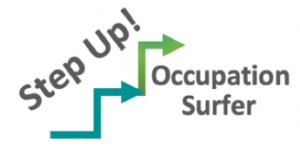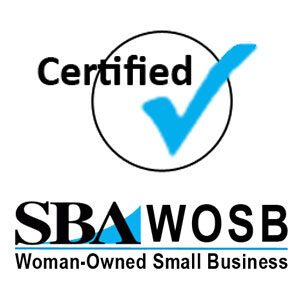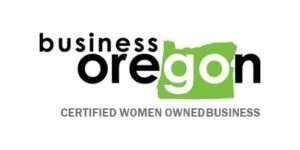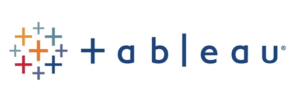 Understand the public data and InfoSurf’s solution here.
Understand the public data and InfoSurf’s solution here.
Jobs with overlapping in skills & knowledge are grouped together so you can see your options.
//Understand The Data//
As the BLS analyzes job information, they create a hierarchy of jobs based on overlapping skills, knowledge and tasks. The O*Net system allows you to do one level of browsing here where you can scan the hierarchy to review options. However, the hierarchy itself isn’t browsable directly or completely.
InfoSurf accelerates building your list of jobs with overlapping skills and knowledge using free eBooks Step Up! Occupation Surfer and Shoreline Career-Education Browser.
On the O*Net browsing page:
- O*Net’s “Job Family” groups are SOC Major Groups. They have the least level of overlapping skills and knowledge. Almost always they include a variety of education levels. The commonly imply a high overlap in post-secondary education — the disciplines that courses and programs fall under.
- SOC Minor Groups have occupations with a higher level of overlap in skills and knowledge. A “Job Family” contains all the Minor Groups in a Major Group. You can observe the Minor Groups by looking at the codes next to the occupation names: the more similar the code, the more overlap.
- Career Clusters are a combination of O*Net occupations that have an additional layer of analysis around similar Career Pathways. They tend to be smaller sets of occupations than Job Families and have a higher level of overlap related to education after high school or specialized training.
Example: Lawyers are a part of:
- “Legal” Job Family, aka SOC Major Group, contains jobs strictly related to the legal documentation/recording process and the legal system.
- “Law, Public Safety, Corrections & Security” Career Cluster contains a large variety of jobs related to the justice system.
Within the Legal Job Family, Paralegals (usually Associate) and Court Reporters (usually HS/GED) have some overlap in knowledge, in particular, with Lawyers (JD/Doctorate). If one found that law school were interrupted for a time being, these other careers could be pursued until one got back to the books.
Within the career cluster, you can see how some schooling beyond high school within the educational paths required for, say, a lawyer, can give you a leg up in jobs that require less education, sometimes significantly less.
Dive even deeper into O*Nets explanation of it’s content model.
//Understand InfoSurf Solutions//
InfoSurf has a number of options that reduce the time and energy using O*Net directly or using the commercial products that build upon O*Net data.
To make finding jobs with the similar skills & knowledge fast and easy, Step Up! Occupation Surfer shows the hierarchy of occupation class alongside the typical education and wage for each member of the group.
Additionally, InfoSurf maps the hierarchy to a high level “Interest Area” so that someone could, for example, look up related jobs in “Arts & Humanities”, or some other broad interest area.
Right up front, you see all that information rather than needing to dive into each profile to get the same information. Download previews or entire manuals from here (with cover page if you decide to print it):
For advisors, career coaches and guidance counselors, we extend the searching capability with Career-Education Triangulator Excel tool.
- You can view a short video on how to use this tool.
- Contact us for purchasing options.
The other InfoSurf Career Exploration books complement and broaden the groups of related jobs.
At this time, we do not publish any eBooks but are searching for a partner. If you are interested in physical copies *or* have a preferred publisher, contact us.



